Fought For Equal Pay For Women
Clara Barton.
The name is certainly familiar, but many of her outstanding accomplishments remain shrouded in the gauze of history, leaving the importance of her legacy to remain only partially understood. Known as a fearless humanitarian who helped revolutionize battlefield medicine, Barton was also a nurse, a teacher, an abolitionist, and an advocate for women’s rights.
Born on Christmas day, 1821, Barton is considered one of the most honored women in American history. When she died in 1912, the New York Times wrote, “She was a woman of remarkable executive skill, of unbounded enthusiasm, inspired by humane ideas…. Her name became a household word, associated in the public mind with goodness and mercy.”
Here are five fascinating facts about Barton that provide insight into the remarkable person she was and the inspiring life she led.
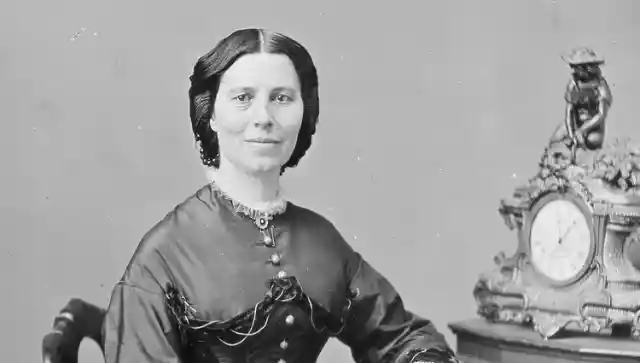
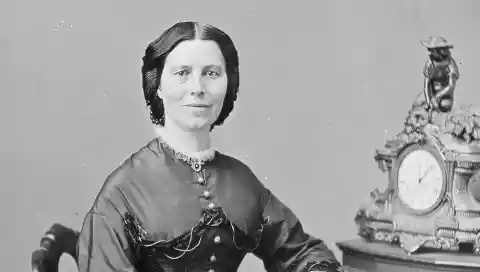
In 1854, Barton became a copyist for the U.S. Patent Office in Washington, D.C.; within a year, she was promoted to the position of clerk, distinguishing her as the first woman to receive a government appointment. She determinedly–and successfully–lobbied to earn the same $1,400 salary as her male peers enjoyed, despite the real resentment directed toward her as a woman in the workplace. Unfortunately, a new boss demoted her to a copyist, her raise was rescinded, and she was relegated to earning 10 cents for every 100 words.
Founded The Missing Soldiers Office
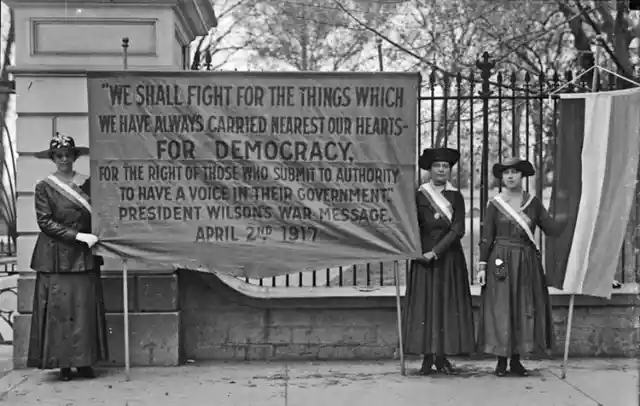
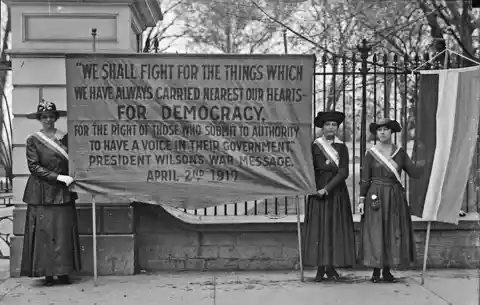
At the end of the Civil War, tens of thousands of men remained missing. To address this great loss, Barton, with President Lincoln’s approval, founded the Missing Soldiers Office to help families locate their loved ones. She and her small team received 63,000 missing soldier requests; 22,000 men, some of whom were still alive, were located.
Nearly Died At The Battle Of Antietam
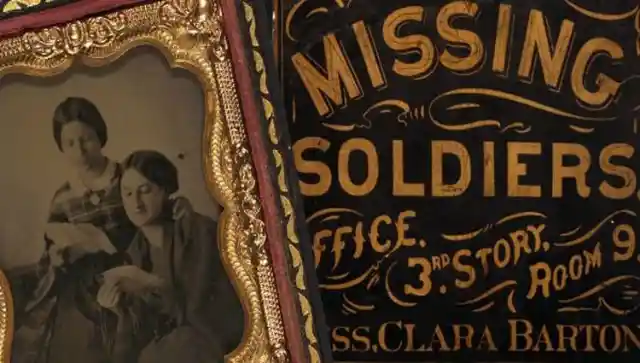
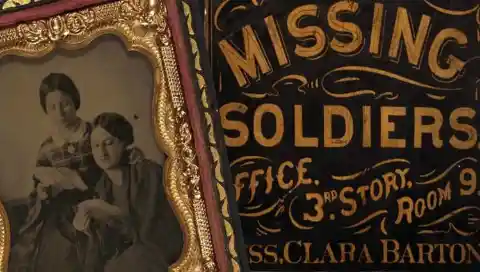
At the battle site of Antietam, Barton was compassionately cradling the head of a wounded soldier when a bullet passed through her dress sleeve and entered her patient.
According to Barton, “A ball has passed between my body and the right arm which supported him, cutting through his chest from shoulder to shoulder. There was no more to be done for him and I left him to his rest. I have never mended that hole in my sleeve.”
Convinced The International Red Cross To Provide Peacetime Disaster Relief
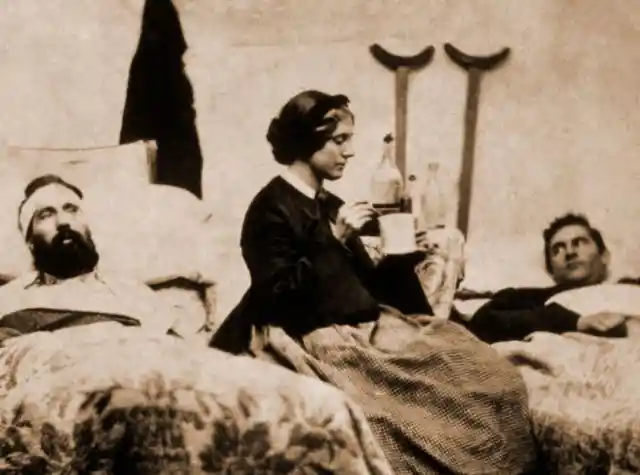
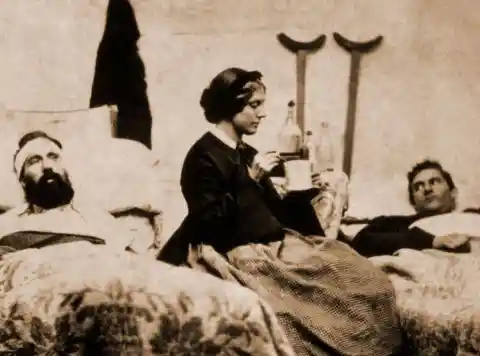
After Barton joined the efforts of the International Red Cross in Europe to help war victims, she founded the American Red Cross in 1881. She helmed several relief efforts, including those that addressed the Ohio River and Mississippi River floods, which led to the International Red Cross expanding its mission to include providing aid to those affected by natural disasters.
Opened One Of New Jersey’s First Free Public Schools
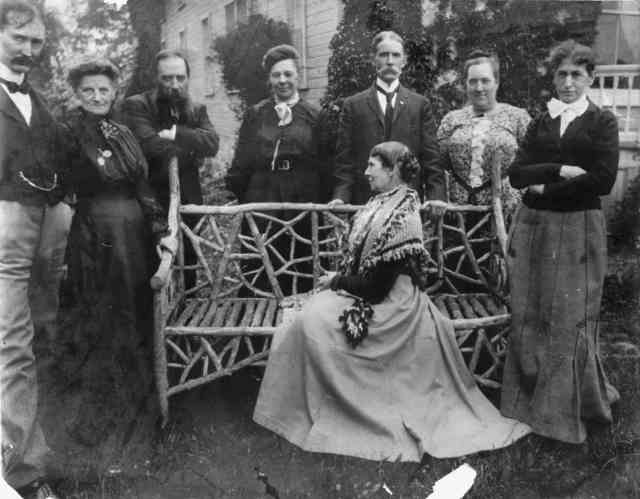
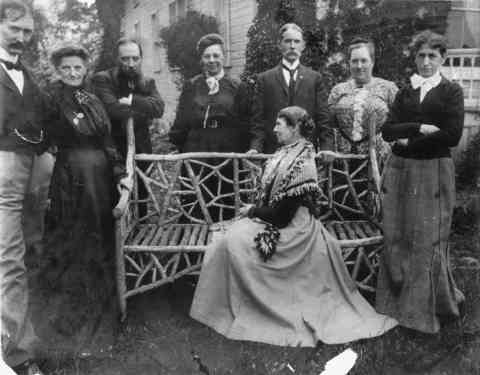
While visiting Bordentown, New Jersey, in 1852, Barton came upon many poor, school-age boys on the city streets. Saddened by what she witnessed and determined to help, she requested and received permission to start a free public school, the first of its kind in Bordentown. By the year’s end, the number of school attendees had increased from six students to several hundred. However, when the school proved a success, the presiding board hired a male principal to run it and offered him twice Barton’s salary. Not surprisingly, Barton left in protest.
She later said, “I may sometimes be willing to teach for nothing, but if paid at all, I shall never do a man’s work for less than a man’s pay.”